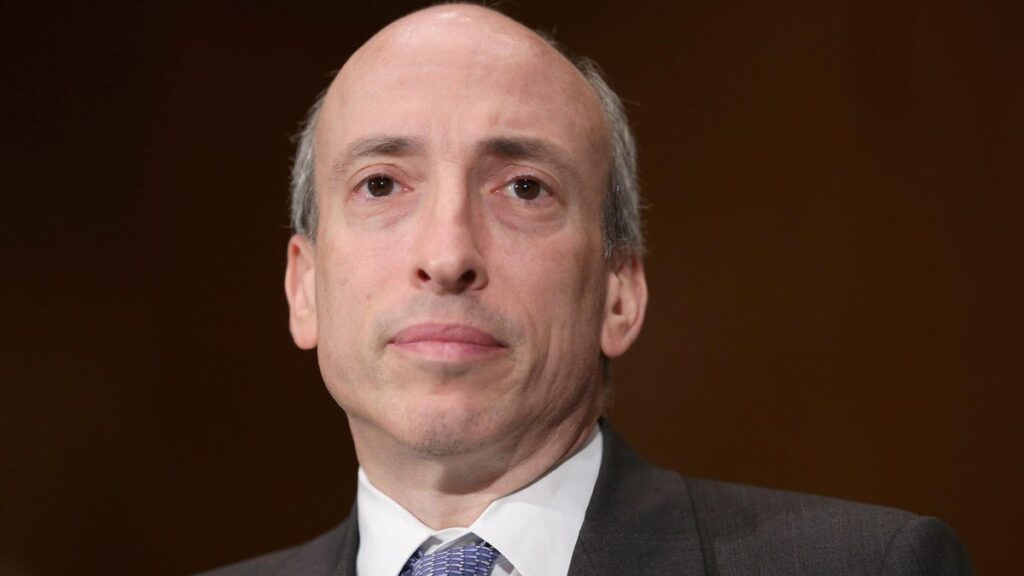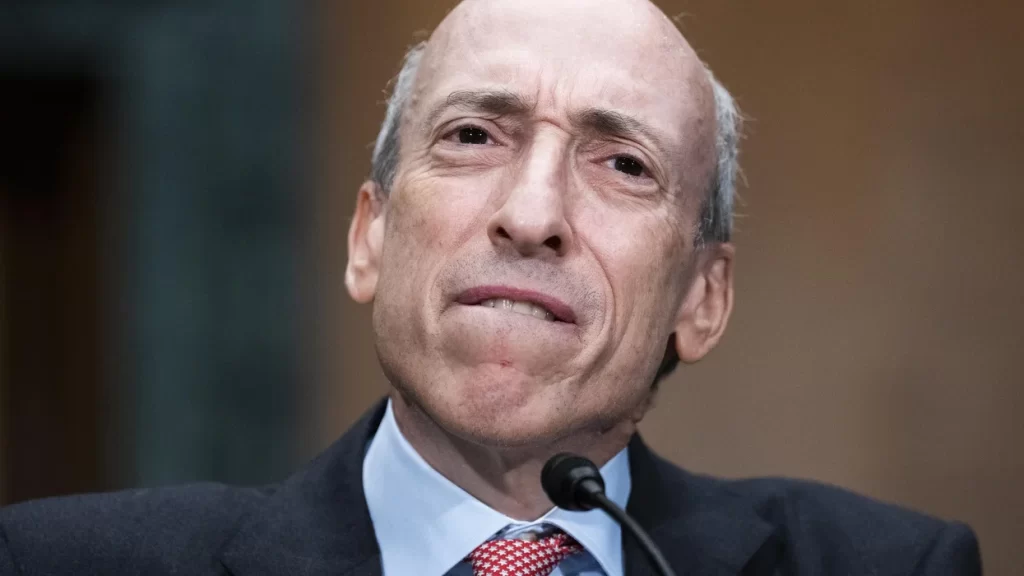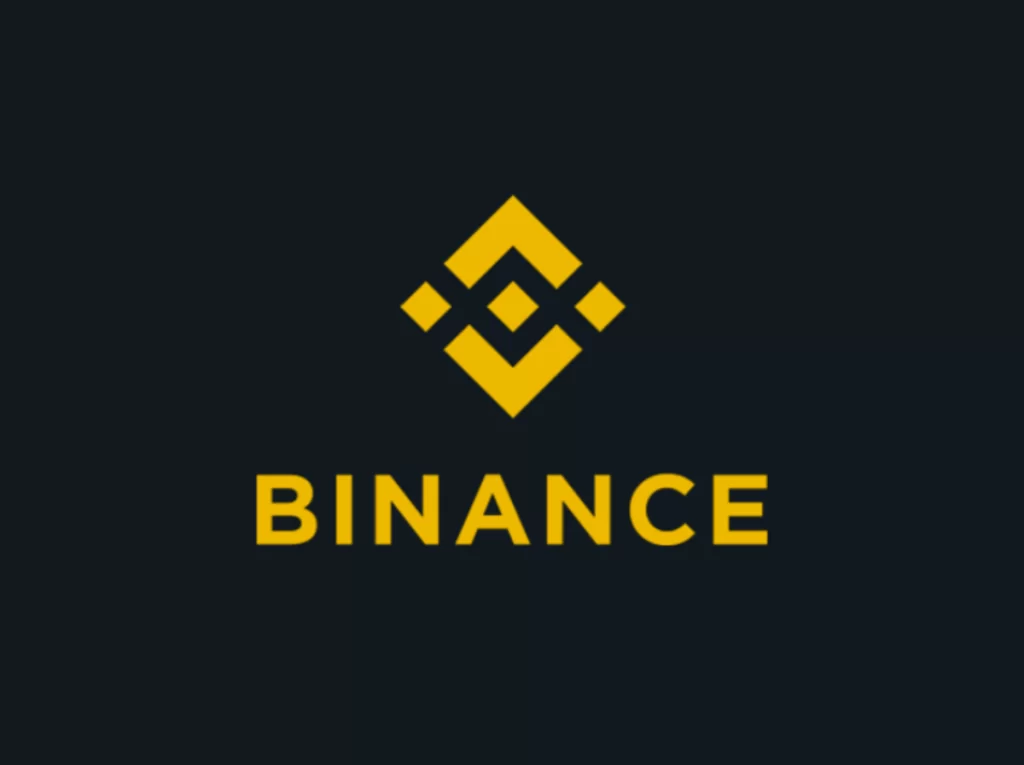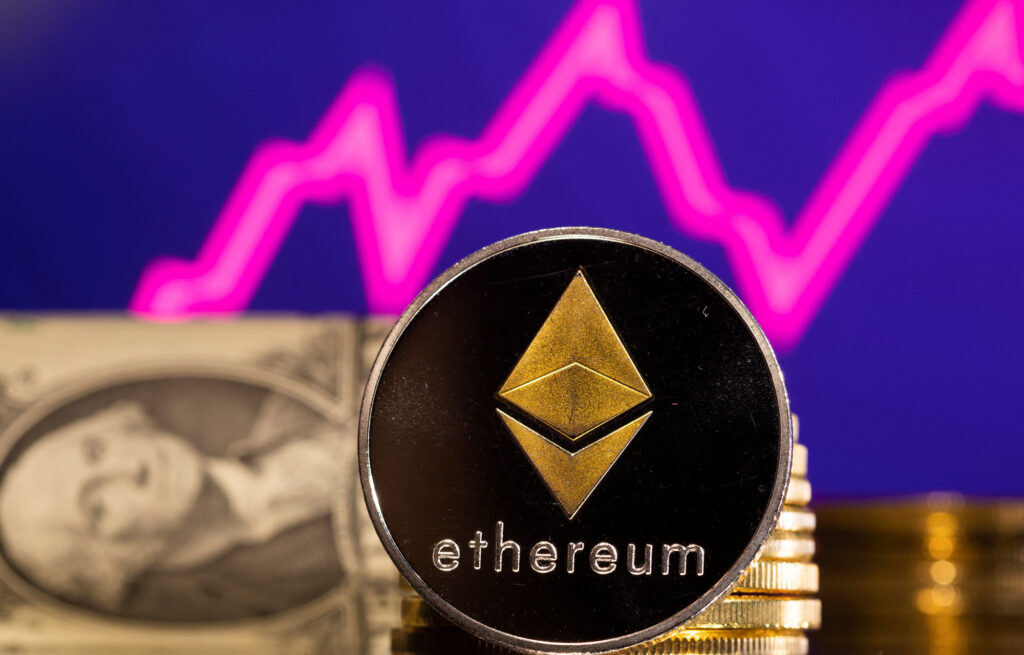On December 16, the peer-to-peer trading platform NFT Trader fell victim to a security breach, resulting in the theft of millions of dollars’ worth of nonfungible tokens (NFTs).
NFT Trader officially acknowledged the incident on social media, urging users to take action by revoking delegations to two specific addresses: 0xc310e760778ecbca4c65b6c559874757a4c4ece0 and 0x13d8faF4A690f5AE52E2D2C52938d1167057B9af.
The stolen NFTs encompassed a variety of collections, including at least 13 Mutant Ape Yacht Club tokens, 37 Bored Ape tokens, VeeFriends, and World of Women NFTs, resulting in collective losses estimated at nearly $3 million, as reported by Revoke.cash.
In the aftermath of the hack, social media was flooded with rumors and misinformation.
Furthermore, the full extent of how many hackers exploited the security vulnerability remains unclear.
One of the attackers, in a public message, attributed the initial exploit to someone else and stated their intention to ransom the NFTs for their return.
The attacker’s message revealed a seemingly contradictory motivation, claiming to be initially interested in acquiring “residual garbage” but later realizing the potential value of the NFTs.
Despite this revelation, the attacker declared their indifference to personal gain and expressed a preference for scavenging leftover items.
READ MORE: Kazakhstan’s Digital Tenge Shines in Successful Pilot Project, Gears Up for 2024 Expansion
Moreover, the attacker admitted to having limited technical skills and proposed that victims pay a 10% bounty in Ether in exchange for the return of their NFTs.
They explained the difficulties they encountered in retrieving all affected NFTs simultaneously, which they claimed required substantial energy and time investment.
Their message emphasized the expectation of a deserving reward for their actions.
In an unexpected turn of events, one of the victims reported receiving a rare NFT along with 31 ETH, which was valued at nearly $70,680 at the time.
This development left the victim astonished, prompting them to question the surreal nature of the situation.
In conclusion, the security breach on NFT Trader on December 16 led to the theft of valuable NFTs, sparking confusion and speculation on social media.
The attacker’s motives remained enigmatic, with their actions blending a pursuit of value with an unconventional preference for “residual garbage.”
As the situation unfolded, victims were faced with unexpected gestures from the attacker, adding further complexity to an already perplexing incident.









